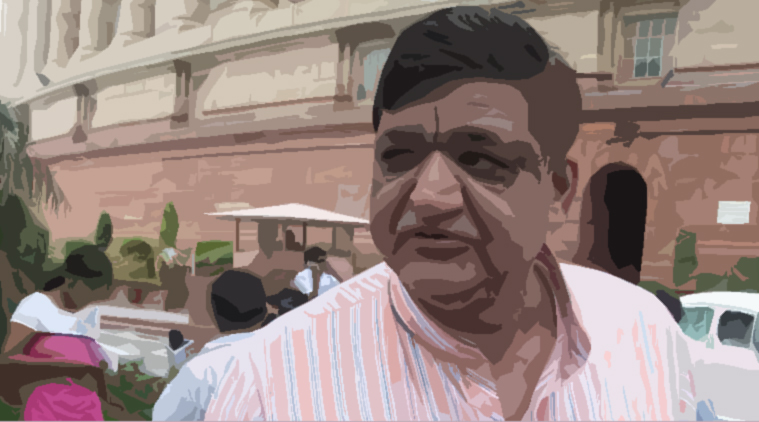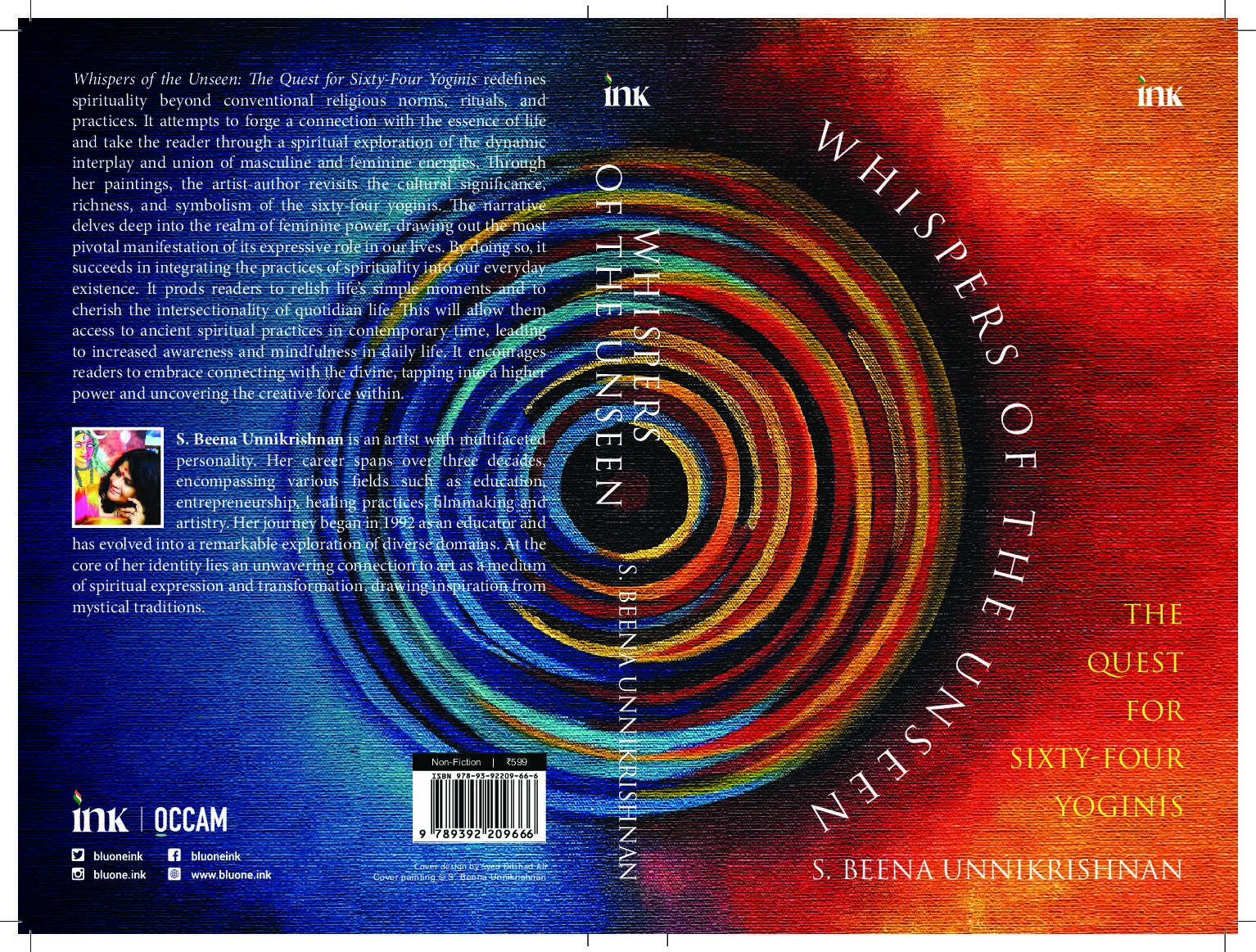In defence of Naresh Agarwal
Ravi Shanker Kapoor | July 23, 2017 11:50 pm

SP MP Naresh Aggarwal at the Parliament House on Monday. Express Photo by Prem Nath Pandey. 11.08.2014.
The remarks made by Samajwadi Party leader Naresh Agarwal last week in the Rajya Sabha, linking Hindu gods with various forms of alcohol, were surely in bad taste. He expressed regret for the remarks, which were also expunged by the chair. What is really worrisome is not only the low level of debate in Parliament but also what Finance Minister Arun Jaitley said in response.
Jaitley said that had Agarwal made the same statement outside the House, he would have been liable for prosecution. While the veracity of the Finance Minister’s comment is beyond doubt, this very fact—that somebody can be thrown behind bars because of blasphemy—is disturbing. For we have anti-blasphemy laws, just like in (mostly) Islamic countries: Agarwal could well be booked under Sections 295A and 153A of the Indian Penal Code had he not enjoyed a Parliamentarian’s privilege. What is more disturbing is that anti-blasphemy laws don’t bother Jaitley, a well-known lawyer; in fact, they don’t most others, many of whom claim to be the champions of liberty.
Section 295A pertains to deliberate and malicious acts intended to outrage religious feelings of any class by insulting its religion or religious beliefs. It says, “Whoever, with deliberate and malicious intention of outraging the religious feelings of any class of [citizens of India], [by words, either spoken or written, or by signs or by visible representations or otherwise], insults or attempts to insult the religion or the religious beliefs of that class, shall be punished with imprisonment of either description for a term which may extend to [three years], or with fine, or with both.]”
But this section violates the constitutional provisions. For the constitutionally prescribed “reasonable restrictions” on freedom of expression pertain to “the security of the State, friendly relations with foreign States, public order, decency or morality, or in relation to contempt of court, defamation or incitement to an offence.” The reason is simple: there cannot be any reasonable standards to determine whether or not any feelings, religious or otherwise, of any set of people have been outraged.
Merriam-Webster describes ‘feeling’ variously. What is pertinent from the instant perspective is ‘appreciative or responsive awareness or recognition’, ‘an emotional state or reaction’, ‘sensitivity’, ‘the overall quality of one’s awareness’, ‘conscious recognition’, ‘sense’, ‘often unreasoned opinion or belief’, ‘sentiment’, ‘presentiment’, ‘capacity to respond emotionally especially with the higher emotions’, ‘the character ascribed to something’, ‘the quality of a work of art that conveys the emotion of the artist’, and ‘sympathetic aesthetic response.’
Notice that the thread running through all these descriptions is that of subjectivity. As I mentioned in an earlier article (https://thehinduchronicle.com/2017/07/culture-intolerance-name-culture/), “The law and public administration should be molded by objective realities.” Therefore, a provision like 295A that is pivoted on something as subjective as feeling doesn’t pass the reasonable restrictions test.
Saffron zealots baying for Naresh Agarwal’s blood, and eagerly forging ways and means to restrict free speech, need to remember that the illiberal provisions like 295A are generally used to suppress the voices of Hindu writers and thinkers. In fact, Section 295A came into existence because in the 1920s a Hindu polemicist had published a book on the Prophet Muhammad’s; the very name of the book was suggestive, Rangila Rasool (Colorful or Licentious Prophet).
The publisher was prosecuted but was let off by the Lahore High Court because there was no provision in the law in British India at that time to suppress freedom of expression, except of course in case of the expression was anti-government. The publisher was murdered by an unlettered youngster, barely out of his teens. He was defended by Jinnah and glorified by Iqbal, but he was hanged. The upshot was the loathsome Section 295A—introduced at the behest of Muslims and a Congress hell-bent on placating them.
It is time Hindus realized that anti-blasphemy laws are a blot on Indian democracy; it brackets us with Muslim nations, an ignominy we should avoid. They should also realize that people like Naresh Agarwal have a right to say whatever they want to say, so long as they don’t cause harm to others. This is also the essence of Hinduism, which accommodates all manner of philosophies, belief systems, and ways of life.































